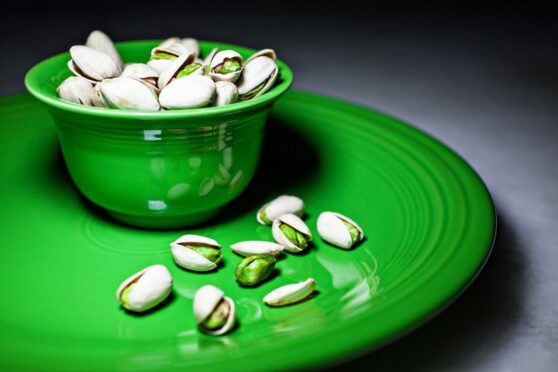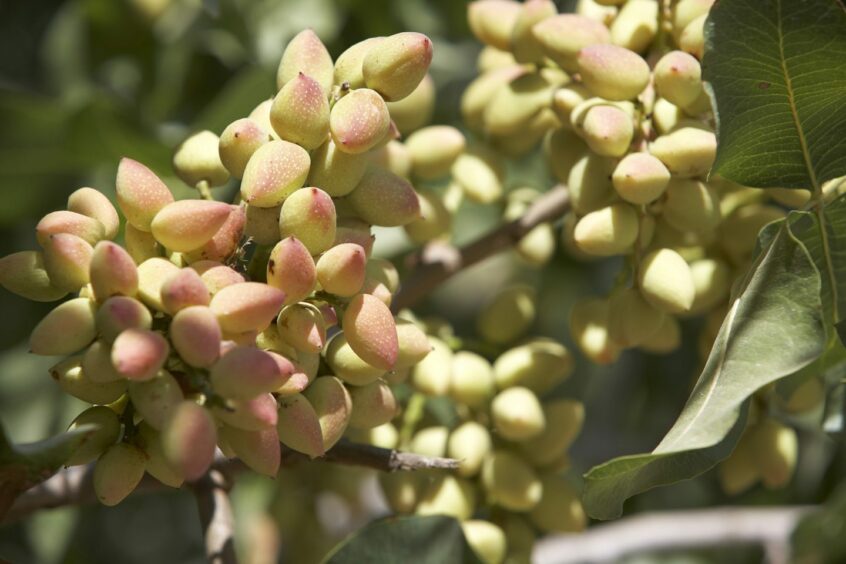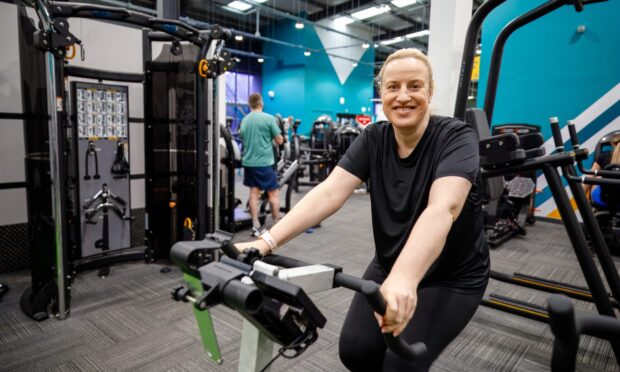Are pistachios a complete protein? Many people are asking the question as they turn to plant-based diets and meat alternatives. Well, the good news is that new analysis shows U.S. grown roasted pistachios are indeed a “complete protein”.
-
Some Courier online content is funded by outside parties. The revenue from this helps to sustain our independent news gathering. You will always know if you are reading paid-for material as it will be clearly labelled as “Partnership” on the site and on social media channels,
This can take two different forms.
“Presented by”
This means the content has been paid for and produced by the named advertiser.
“In partnership with”
This means the content has been paid for and approved by the named advertiser but written and edited by our own commercial content team.
This means pistachios join the ranks of a small number of plant proteins such as quinoa, chickpeas and soybeans that have become popular among vegetarians and consumers who wish to move away from animal proteins. Delegates saw these findings at a recent conference of pistachio growers in Monterey, California.
What is a complete protein?
Findings presented at the Federation of European Nutrition Societies (FENS) Conference in Dublin showed adequate levels of all nine essential amino acids are present in roasted pistachios. It was based on a Protein Digestibility Corrected Amino Acid Score (PDCAAS) for pistachios.
Roasted pistachios have a PDCAAS of 81 percent and 80 percent of casein, the protein found in milk.
Nigel Mitchell is the author of The Plant Based Cyclist, and a nutritionist for multiple pro and British national sport teams. He says: “While we’ve always known nuts contain protein, we now know roasted pistachios with all nine amino acids in these amounts are a complete protein.
“This is great news, especially for active adults and athletes who would want a complete protein that’s portable and doesn’t require cooking.
Roasted pistachios usefully contribute to the varied and balanced diet and healthy lifestyle that’s so important for good health.”
Pistachios are a plant-based alternative form of complete protein
Nearly all complete proteins come from meat, fish, egg and dairy products. Official agencies cite soy as a plant-based protein. But most plant-based alternatives to meat are ‘incomplete proteins’.
Dr. Arianna Carughi, a nutrition expert and science advisor to American Pistachio Growers, said: “Amino acids are the 20 building blocks of protein but nine ‘essential’ amino acids are not produced by the human body, so they must be obtained in food.
“The vast majority of plant-based foods are ‘incomplete’ proteins, so they are deficient in one or more of the essential amino acids; however, combining two complete proteins at once or, within a day, creates a complete protein.
“Roasted pistachios can now be considered a complete protein source for those who are over five years old.”
Why is this a game-changer?
There are several reasons why proving pistachios are a complete protein is a breakthrough for healthy living. They include:
- Pistachios provide a convenient complete protein snack that’s portable and doesn’t require cooking.
- No need to combine two or more incomplete sources of protein. Now simply eat pistachios.
- Pistachios provide an alternative for vegans, vegetarians and those who want protein from plant-based sources.
Get fit and active with pistachios
Including pistachios in your diet can help you lead a more fit and active lifestyle. This is because complete proteins help build and preserve muscles.
Pistachios are also cholesterol free, with antioxidants, fibre, lutein, potassium, healthy fats and B Vitamins. These help the body recover before and after a workout.
It means snacking on pistachios will make sessions in the gym, long runs and taking part in sports more productive and less wearing on your body.
There are so many reasons to enjoy US grown pistachios. Now boosting your health is one of them.












